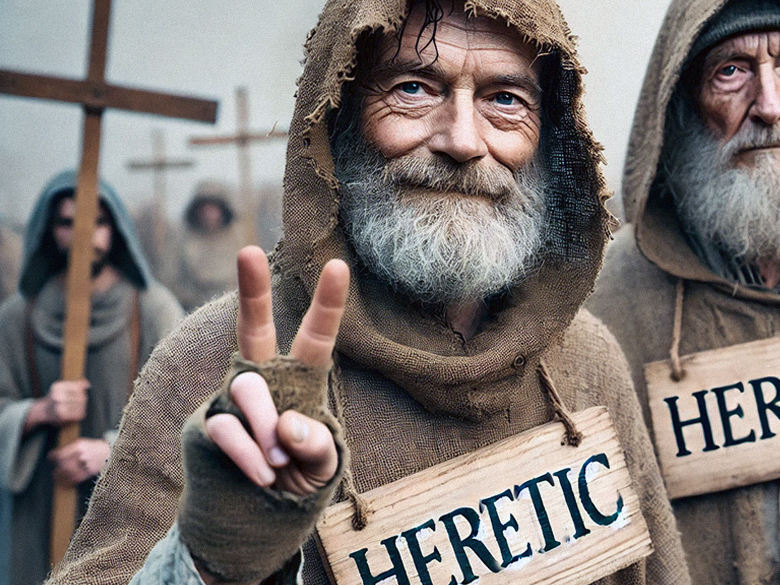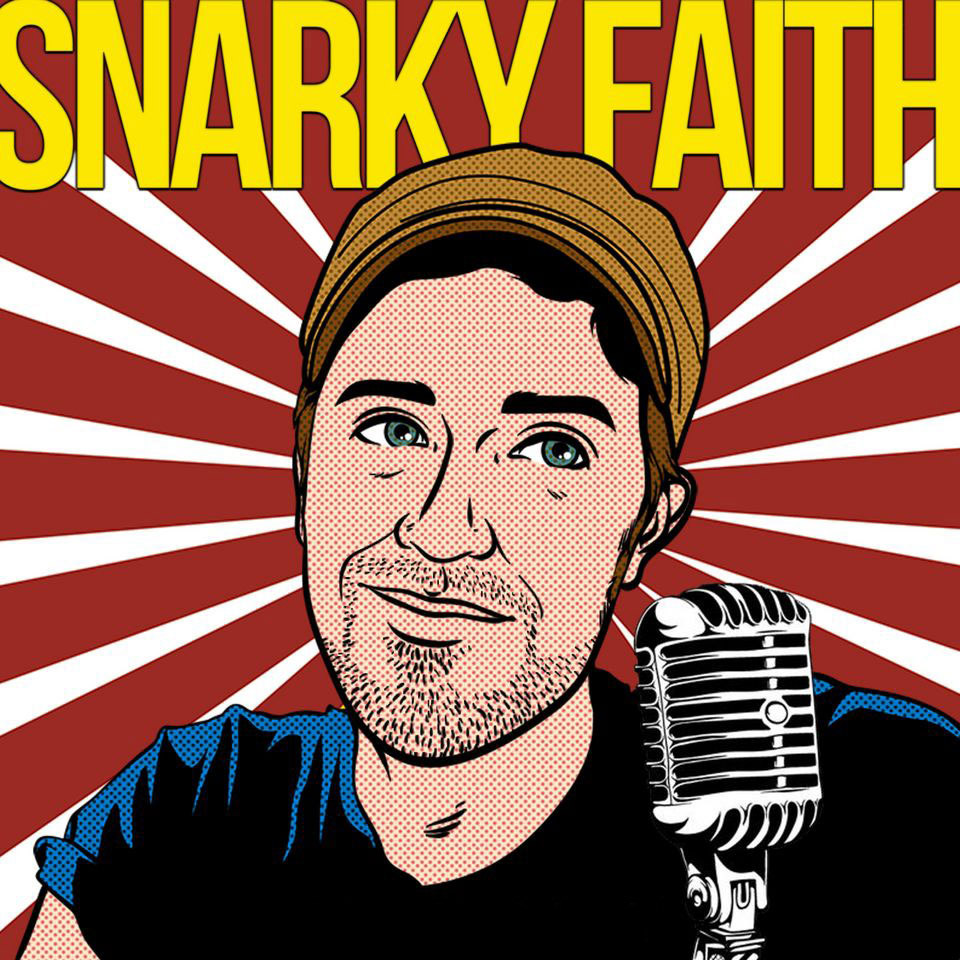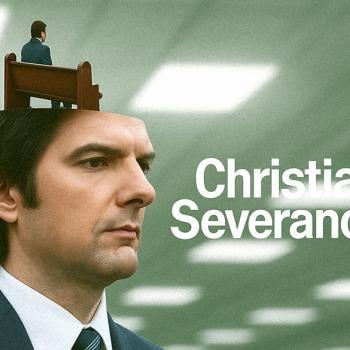
Matthew J. Distefano’s Heretic, Too! doesn’t waste time playing nice with the usual Christian fluff. It’s the kind of book that makes you sit up, blink, and think, “Wait, did he just say that?” Spoiler: yes… he did. This isn’t a book for anyone looking to stay cozy in their faith bubble, but for those itching to rip it wide open.
Distefano starts strong by making a comparison that will likely ruffle more than a few feathers—Jesus as a Bodhisattva. Yeah, Jesus compared to a Buddhist figure. It’s not a pairing you’d expect in your Sunday School curriculum, but that’s exactly why it works. Distefano argues that Jesus’ path of compassion and self-sacrifice looks more like the Bodhisattva than the cultural Christianity we’re used to. Whether you agree or not, it’s hard to deny the argument, which makes you pause and think about the boxes we keep trying to shove Jesus into.
Then there’s the inevitable takedown of complementarianism—the idea that men should lead and women should, well, not. Distefano doesn’t tiptoe around this topic. He straight-up calls it what it is: sexist nonsense wrapped in bad theology. There’s no soft landing here. He dives into the messy patriarchy that’s still propped up in churches, challenging us to drop the tired gender roles and stop pretending they’re divine edicts. It’s a breath of fresh air, honestly, especially for anyone tired of hearing that their place is to sit down and be quiet.
But Distefano isn’t just here to tear things down. He also flips the whole conversation about sin on its head. Instead of the old-school, guilt-driven model—where sin is a black mark on your soul—he describes sin more like a disruption of peace. Think of it like a pothole on your spiritual road. You’re not born broken, you’re just getting off track. It’s a much more freeing perspective than the usual “you’re dirty and need to be cleansed” nonsense that gets preached.
Now, things get interesting when Distefano wades into the cannabis debate. That’s right—he goes there. He doesn’t give you a straightforward “just say no” approach. Instead, he wonders why the church is so obsessed with controlling people’s behavior, especially when it comes to what they do with their bodies. Is cannabis the issue, or is it the church’s tendency to police everything that’s the real problem? It’s a question that lingers long after you finish the chapter, making you wonder why the church picks such weird hills to die on.
What makes Heretic, Too! stand out is how unapologetically blunt it is. There’s no hand-holding here, no soft tones to make the medicine go down easier. Distefano takes the issues head-on and dares you to disagree with him. He’s not here to make friends; he’s here to make you think. And in an era where religious discourse often feels more like a pep rally than a meaningful conversation, that’s refreshing.
This book isn’t for those who want their faith packaged neatly and tied with a bow. It’s for the people who’ve been kicked around by religion and are sick of pretending everything’s fine. Heretic, Too! isn’t about answering all your questions—it’s about permitting you to have those questions in the first place.
So, if you’re tired of the same old church sermons and ready to dig deeper, Heretic, Too! will push you in the right direction. It’s not going to coddle you, but it will challenge you. Whether you end up agreeing with Distefano or not, you’ll find yourself thinking harder about what you believe—and that’s worth the price of admission.
In the end, Heretic, Too! feels like a necessary wake-up call for anyone who’s lost in the mess of modern Christianity. You don’t have to agree with everything, but Distefano’s call.
Ready to dive into some bold heresy?
Grab your copy of Heretic, Too! on Amazon now and join the conversation that’s shaking up the faith.














